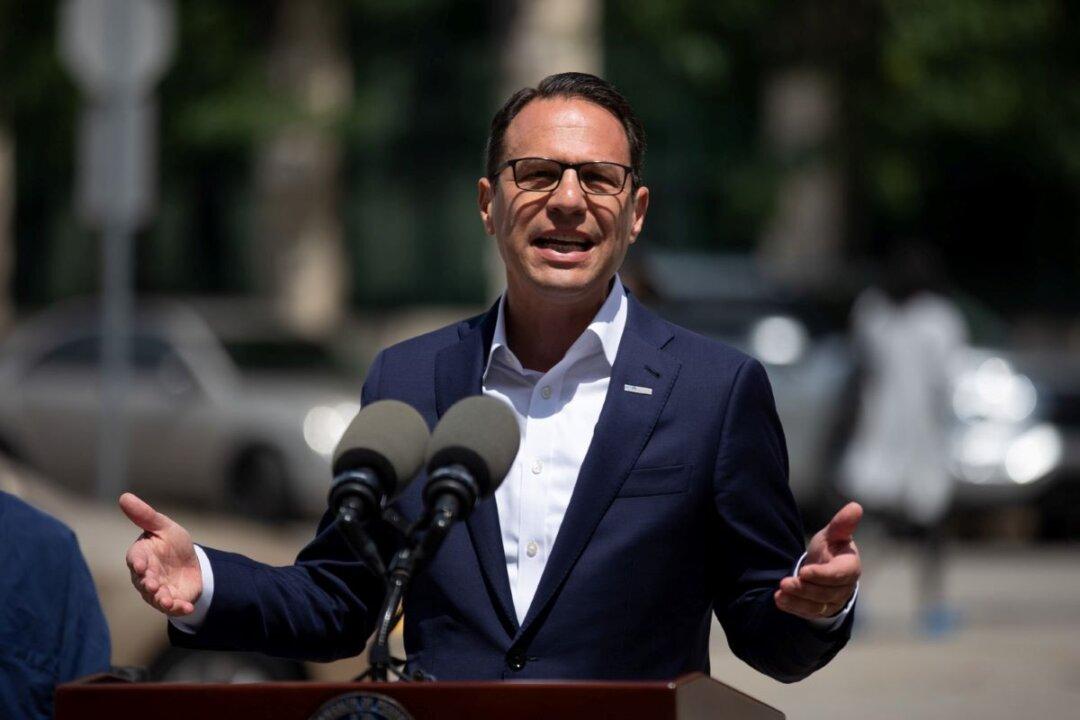Commentary
Democratic gubernatorial nominee Josh Shapiro’s overflowing campaign coffers underscore the importance of Pennsylvania to national politics—and the influence of government unions in elections.

Democratic gubernatorial nominee Josh Shapiro’s overflowing campaign coffers underscore the importance of Pennsylvania to national politics—and the influence of government unions in elections.